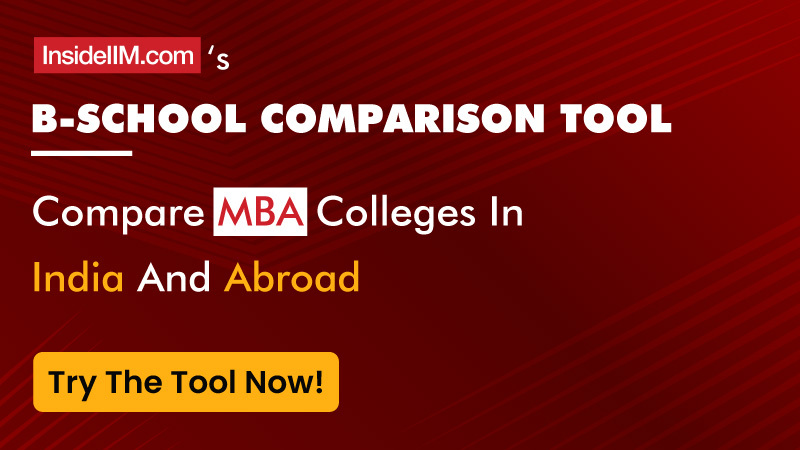Next in your preparation, cover current affairs and major historical events (India as well as worldwide). The idea is to be abreast of significant happenings in the world and your views on the same. One of us (Yash) was asked to speak on four topics of interest in the IIM Ahmedabad interview, where I mentioned Indian Politics, Global Economy, Global Politics, etc. I was then asked to explain the different ways in which Brexit could pan out and its likely impact on the global economy. The key takeaway is that you are not only supposed to know of these happenings but also provide your take on it (whether it is right or wrong is irrelevant as long as you can substantiate your views through some backing or data points).
In the final leg of the preparation, you must have solid answers for anticipated behavioural questions. Start by making a list of possible questions and write down your answers in pointers. Practice those answers with your friends and seek their views.
Interview Day
When you enter the interview room, smile, and greet them, Only take a seat when asked to.
The opening question is mostly to gauge your body language. If you are confident and you answer without any hesitation, it would be a huge win. Whenever you answer a question, first look at the panelist who asked the question and then at the other two as well (generally, each panel has three members – two Professors and one alumnus; however, this can differ) while answering. It seems that the primary objective of the panelists is to understand how you think, how you react, are you a fit for a career in management, can you easily take up a leadership position in the future, are you well-read, etc. Now the most important thing – the panelists are very, very well-read and knowledgeable, plus they can easily understand if you are lying. If you think you know everything, rather you know more than the panelists, trust us – that isn’t possible in this lifetime. So be calm, composed, and humble. Don’t let arrogance creep in any of your answers. Understand that everyone being called for interviews is equally competent and has had a splendid life full of academic and extracurricular accolades. Set yourself apart by showing a genuine hunger for learning and the ability to think. If you don’t know an answer, be upfront, and clearly say that you don’t know the answer. This definitely won’t go against you, but your honesty will get you brownie points. Whenever a question is asked, give it a thought and answer; try wording it carefully because the next question that comes will be exactly from whatever you said. This is where most students fall into the trap. If you answer without thinking it through, the next question will probably throw you off the chart.
One of us (Aneri) was asked during the IIM Bangalore interview to draw a report on ‘the Indian economy in the next five years’ – what are the trends, where is the Indian economy headed, etc. I said that there are three significant factors that I think are the pillars on which the economy stands – 1. Macro factors (I spoke at length about GDP, inflation, and the likes) 2. Tax collection (Now here’s the catch – I kept tax collection second, so that I could speak a bit about macro factors first and I knew that the minute I delve into tax (being a CA, it is my domain subject), the further roll of questions would be around GST, and it would be a different discussion altogether (which is where I would be extremely confident and comfortable in answering). This is how you can use your presence of mind and infuse your domain subject(s) wherever you see the gap. However, force-fitting won’t help.
Remember, that it is a level playing field – how badly you want to get into your dream business school is equivalent to the institute’s desperation to fetch good students.
Believe in yourself, be confident and smile throughout the interview, no matter what. DON’T BE SCARED. You are a warrior. Future leaders are strong, smart, and, most importantly, can slay their way through EVERYTHING.
Co-authored by Aneri Shah and Yash Goyal.











Comments